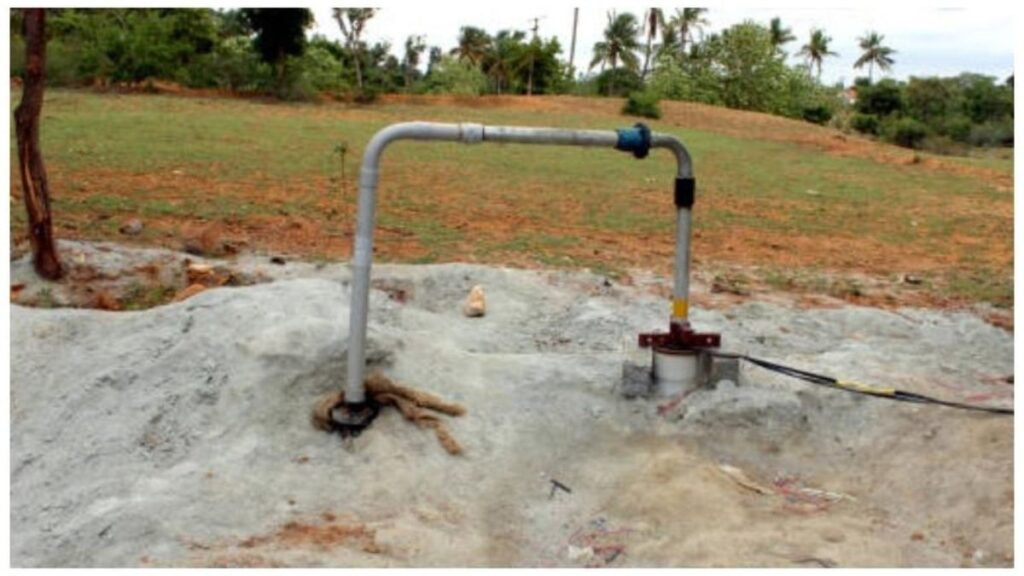Groundwater levels in Bengaluru have seen a notable improvement of 0.5 to 1.2 meters in the past year, primarily due to increased rainfall, expanded irrigation, and efforts to promote wastewater reuse and recharge structures.
Data collected by the Bangalore Water Supply and Sewerage Board (BWSSB) and the departments of minor irrigation and groundwater development reveal these positive trends. Despite this progress, Bengaluru still faces a critical groundwater situation, as it remains heavily reliant on borewells.
Also read: BWSSB to harness solar power for sustainable water supply in Cauvery Stage 6 Project
Improvement is credited to several sustained initiatives
BWSSB Chairman Ram Prasath Manohar reportedly highlighted that residents with open wells and borewells have observed a significant rise in water availability. In some cases, wells that had been dry for years are now yielding water again. This improvement is credited to several sustained initiatives, including mandatory rainwater harvesting (RWH) for new buildings, with over 2.5 lakh RWH systems installed. The board has also established 1,500 recharge wells and more than 3,000 recharge pits across schools, public spaces, and parks.
Additionally, the city is leveraging treated wastewater from 28 sewage treatment plants for lake rejuvenation, contributing to enhanced groundwater recharge. BWSSB’s “Save Water” campaign, which set a Guinness World Record, has been instrumental in fostering a conservation culture among residents. The board is also collaborating with the Indian Institute of Science (IISc) to develop a groundwater forecasting model, aimed at identifying new RWH opportunities and guiding sustainable practices.
Despite these efforts, the city’s reliance on borewells means it still falls under the “over-exploited” category.

